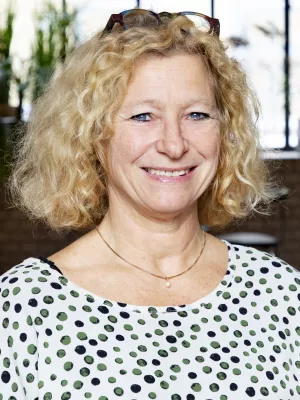
Karin Johansson
Vicedekan forskning

Experts, entrepreneurs and competence nomads: The skills paradox in higher music education
Författare
Summary, in English
In this study, one-to-one tuition in higher music education (HME) was theorised as a culturally and historically grounded activity system consisting of relation- ships between musicians, instruments, music-making traditions and audiences. The ‘skills paradox’, as seen in the inherent conflict between musicians’ need for long-term artistic training and society’s demands for flexible knowledge producers and artistic entrepreneurs, forms a background to the study. With the aim of exploring how qualified experts with extensive experience verbalise the processes of transmitting musical craftsmanship and expressivity, the study was organised as a series of semi-structured interviews and focus group discussions with 12 professional musicians teaching in HME. The study also formed part of an institutional developmental project spanning one academic year. Results point to the challenges in musicians’ positions as being both carriers of tradition and innovative artists, and describe one-to-one teaching as a dynamic activity, where the sum of personal experiences often remains on an individual level and is seen as the property of a genial personality rather than as knowledge attainable for the collective of musicians/music teachers. It is suggested that the development of practice is dependent on an interaction between personal, educational and institutional levels and on an opening up of new zones of proximal development in which all agents in HME need to participate. By linking the individual and collective levels of knowledge, all aspects of the conservatoire tradition may be seen as potentials for development and expansion through the use of reflection and collaborative methods.
Avdelning/ar
- Musikhögskolan i Malmö
Publiceringsår
2012
Språk
Engelska
Sidor
45-62
Publikation/Tidskrift/Serie
Music Education Research
Volym
14
Issue
1
Dokumenttyp
Artikel i tidskrift
Förlag
Routledge
Ämne
- Music
Nyckelord
- one-to-one instrumental teaching and learning
- Western classical tradition
- activity theory
Status
Published
ISBN/ISSN/Övrigt
- ISSN: 1469-9893